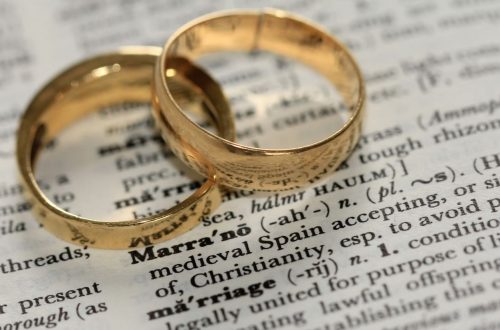“Complementarianism is being taken to task as feeding abuse. I think that is dead wrong.” – @JohnPiper at #T4G20 pic.twitter.com/3ReI1Xp3kF
— T4G (@T4Gorg) April 16, 2020
Last night, John Piper participated in a panel discussion about complementarianism, and today T4G released an excerpt (see above). I really appreciate the point that Piper is making here. He is pointing out that men have a special obligation to protect and to care for women. This obligation, by divine design, is written into their nature.
Someone may object: “But doesn’t God’s image in every human being establish abuse as an offense against God? Why does gender even matter here?” Yes, God’s image does establish the offense, but it doesn’t by itself indicate greater degrees of moral culpability given a perpetrator’s motive, responsibility, and situation.
God enunciates a “protector” vocation for the man when he tells him to cultivate and “keep” (guard/protect) the garden in Genesis 2:15. You can also detect this vocation when Paul tells husbands to care for their wives as they would their own bodies (Eph. 5:28). God’s design of a man as a protector is also revealed in the physical differences between male and female, that men are generally stronger than women (1 Pet. 3:7).
A husband (not the wife) checking out “bumps” in the night reflects this vocation. “Women and children first” also reflects this vocation that God has given to the man. It is written into his nature. Understanding these natural vocations that God has given to men is crucial. Herman Bavinck says it this way:
“For by nature the man has a different disposition, different needs and inclinations, a different calling than the woman. No theory or law can erase this difference, which is grounded in nature.” –The Christian Life
If the ship is going down and all the men force themselves onto the lifeboats while leaving women and children on the sinking ship, do you feel that to be particularly heinous? Doesn’t it just seem right for the men to do everything in their power to get the women and children on the lifeboats before the men?
Why does that seem right? Where does that feeling come from? Complementarianism argues that this particular moral intuition comes from God’s design in creation.
Our problem today is that God’s design in creation, reflected in the differing vocations given to men and women, is something that sinners routinely try to suppress or distort (Rom. 1:18). And sadly, they do so to their own hurt. When someone with a specific vocation not only abandons that vocation but pursues its opposite, we recognize that something especially heinous has happened.
For example, all child abuse is heinous. But isn’t there something particularly heinous when the culprit is a caregiver? Or even worse a parent? When someone charged with caring for a child not only abandons that care but pursues its opposite (abuse), the offense is only increased.
If one child strikes another child and breaks one of his bones, something heinous and wrong has happened. If a mother strikes her own child and breaks one of his bones, everyone understands that the moral horror has only increased.
This is what Piper is getting at. Men have a special vocation from God to be protectors, especially of those weaker than them. When they abandon that post and pursue its opposite (abuse), the moral horror is only increased.
If you don’t believe that God gave men that special vocation to protect, then you won’t sense the full moral horror of men who perpetrate abuse.
That is Piper’s point, and it is a powerful one.




